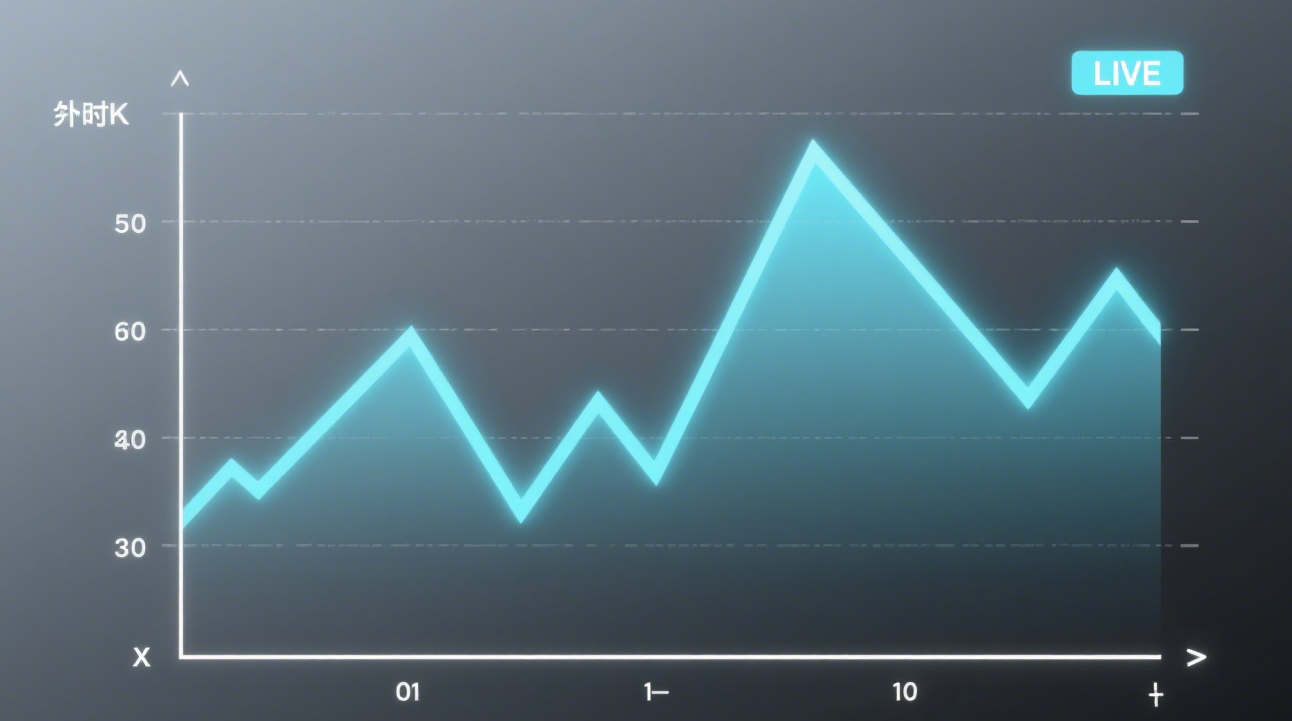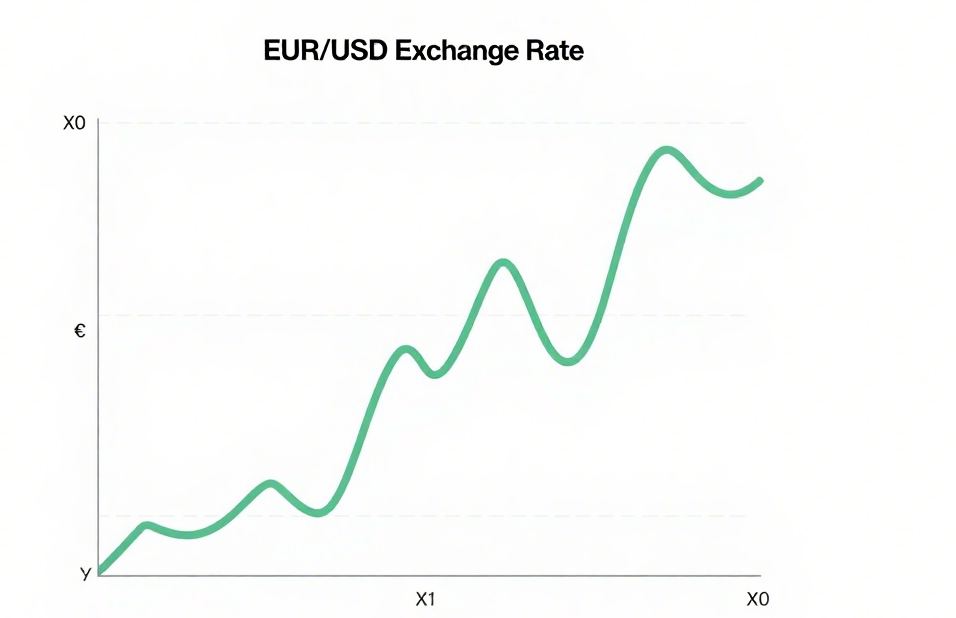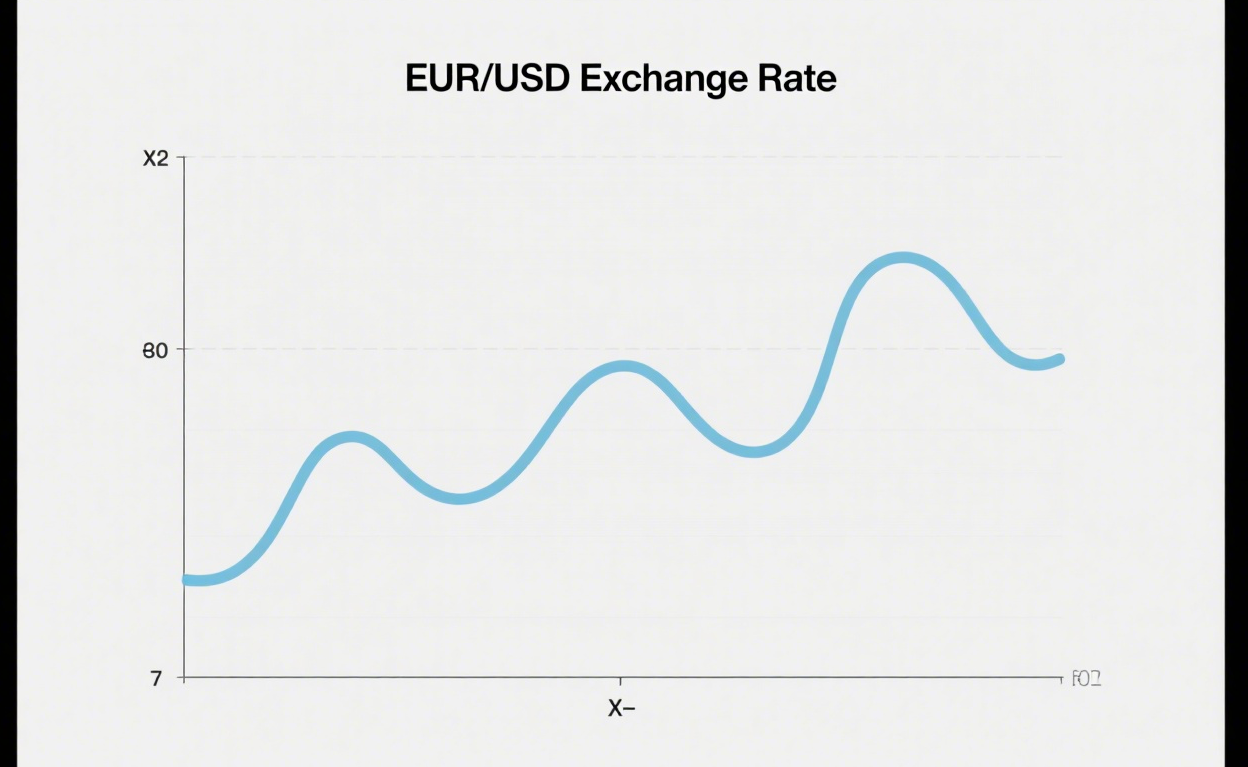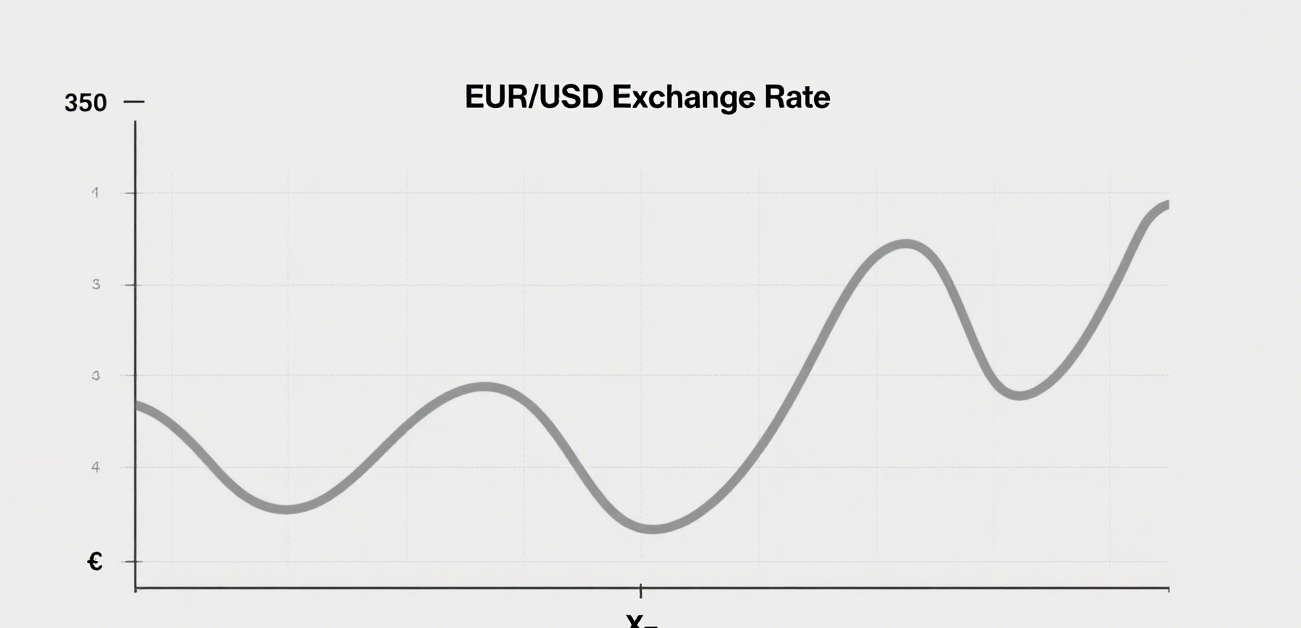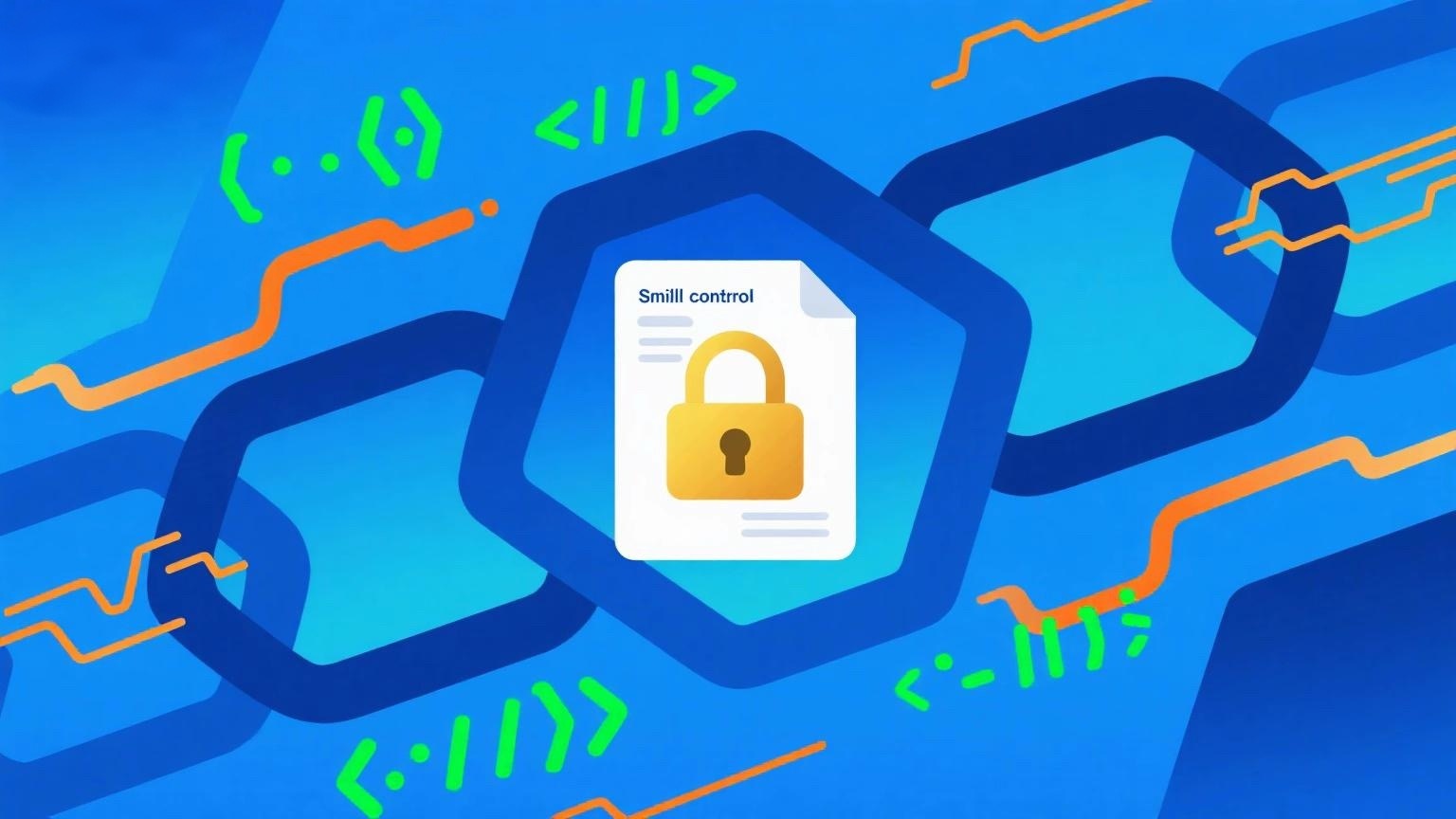
A smart contract is one of the core technologies of blockchain. The concept was first proposed in 1994 by Nick Szabo, a renowned computer scientist and cryptographer. He defined a smart contract as a set of digitally defined promises, a computer protocol designed to disseminate, verify, or execute contracts in an informational manner, where all participating parties can execute the terms.
Simply put, a smart contract is a technology that digitizes real-life contracts and automatically executes them when certain conditions are met. For example, if we make an agreement, define rewards and penalties, and encode the terms into the blockchain, the program will automatically execute the agreement once the conditions are triggered. This is how a smart contract works.
Although the concept of smart contracts was proposed early, it has not been widely implemented due to technical and other limitations. Even today, smart contracts have many applications on the internet, such as automatic loan repayments and unmanned vending machines, but most are limited to contracts between users and institutions, with almost no smart contracts between individual users.
Ultimately, the obstacle to the development of smart contracts is the issue of trust. While technologies like the internet and industrial automation are highly advanced, they primarily handle relationships between objects and solve efficiency problems.
In daily life, contracts mostly involve agreements between strangers, often related to money. If we don’t know each other and make an agreement without a third-party guarantor—what if I send you money, but you breach the contract or deny it? This raises the issue of trust between users.
This problem cannot be solved by technologies like the internet or industrial automation alone, which is why third-party institutions are introduced, leading to the current situation where smart contracts are mostly limited to institutions and users.
It wasn’t until the emergence of blockchain technology that large-scale implementation of smart contracts between users became possible. Why? Because blockchain has many features, such as decentralization and immutability, which align perfectly with smart contracts. If we establish a smart contract via blockchain, you don’t need to trust me—our contract data will be transparently recorded on the chain, traceable and unalterable, thus solving the trust issue between strangers from a technical perspective.
Because of this, over time, smart contracts have become one of the core technologies of blockchain and a key application direction.
Smart contracts offer many advantages:
-
Elimination of Intermediaries: Users can autonomously establish contracts purely through technology.
-
Transparency and Fairness: Smart contracts clearly define conditions in code and record them on the blockchain. The entire process is executed by the program, and even the developers cannot alter it.
-
Flexibility: Users can freely establish contracts, even with strangers from other countries.
In summary, smart contracts are not only an execution mechanism within blockchain but also a major application direction, expanding blockchain’s use cases. It is precisely because of smart contracts that blockchain has a broader stage.







